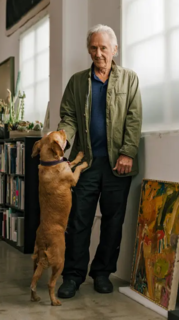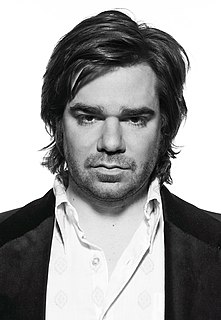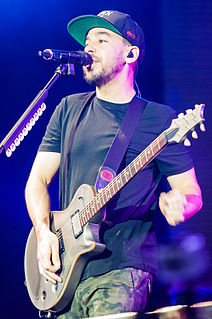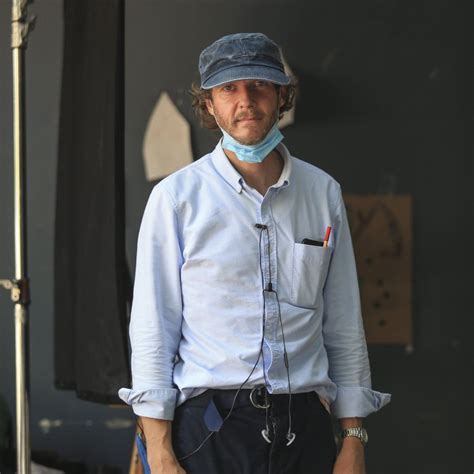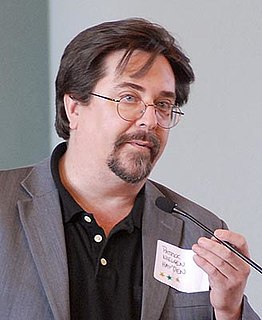A Quote by Robert Wilson
When I was 12 years old, I went to Natchitoches, La.; it was summer vacation with my family. We visited a plantation, Melrose. And I met an Afro-American woman who was a painter. I already had some idea of what I wanted to do in life, and one of the things that interested me was painting.
Related Quotes
I met Ulrika Jonsson on December 8, 2001, at some party hosted by the Daily Express, or maybe it was the Daily Star. The FA wanted me to travel around to various newspapers to be courteous and meet the editors. I visited the News Of The World too, and met a woman with big, red hair. I didn't memorise her name.
I wasn't interested in sport or anything obvious, so I didn't stand out. I was interested in music, but I couldn't read music, so I wasn't allowed to do the GCSE. I was interested in painting, but no one's interested in a 16-year-old boy who's interested in painting. I wanted to get out of school very, very quickly.
The lesson this teaches and which every Afro-American should ponder well, is that a Winchester rifle should have a place of honor in every black home, and it should be used for that protection which the law refuses to give. When the white man who is always the aggressor knows he runs as great a risk of biting the dust every time his Afro-American victim does, he will have greater respect for Afro-American life. The more the Afro-American yields and cringes and begs, the more he has to do so, the more he is insulted, outraged and lynched.
For city dwellers like me who don't get to vacation in the summer, no filmmaker can so effectively make you feel like you went to France for August, fell in love, got hurt, broke up, grew up, and figured some things out - all in 90 minutes or so. My favorite of Rohmer's cinematic escapes is 'La Collectionneuse.'
The idea of an isolated American painting , so popular in this country during the thirties, seems absurd to me, just as the idea of a purely American mathematics or physics would seem absurd... And in another sense, the problem doesn't exist at all; or, if it did, would solve itself: An American is an American and his painting would naturally be qualified by the fact, whether he wills or not. But the basic problems of contemporary painting are independent of any one country.


